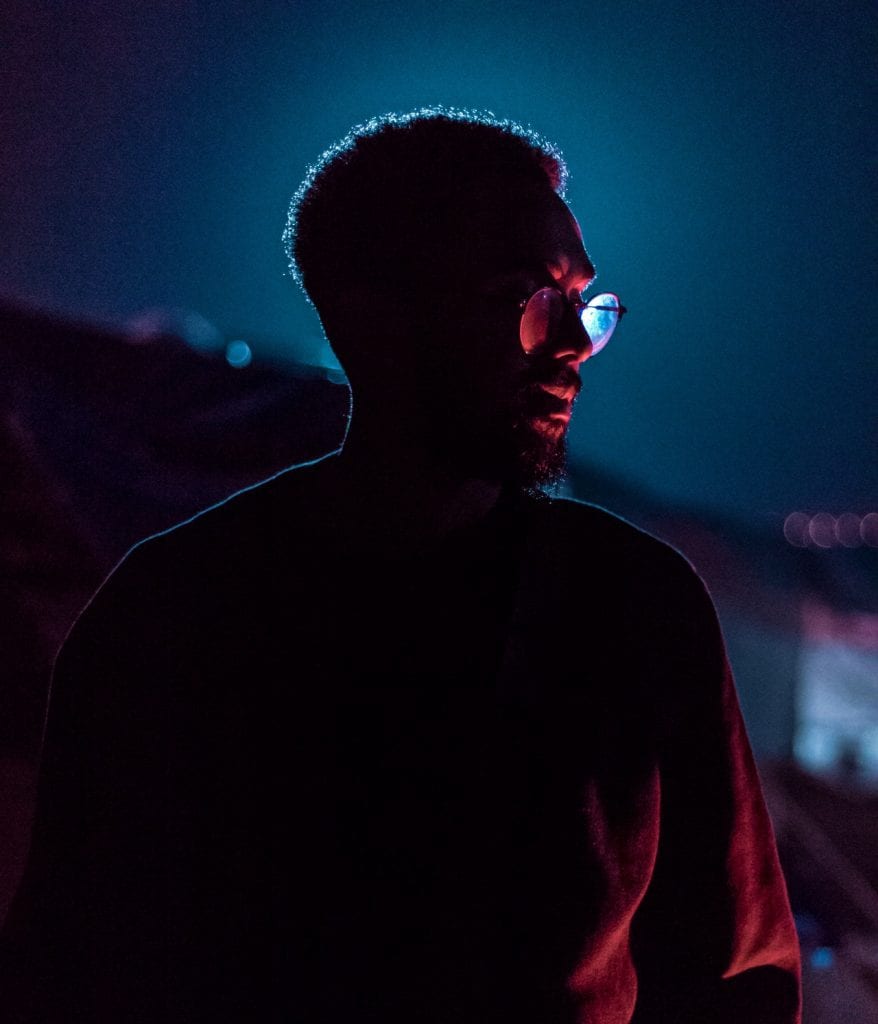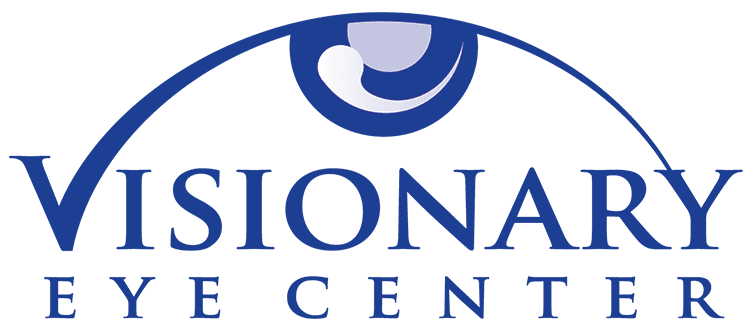SHOP DRY EYE CARE TODAY!
Use code VISIONARYEYE20 at checkout for 20% off!
Vision problems can be a huge distraction in your daily life, making even casual tasks such as driving extremely difficult. One common vision problem that patients may experience is night blindness. You may be asking yourself, "what is night blindness?" and you're not alone. Someone with night blindness will have difficulty seeing in dark environments, which is especially noticeable when driving at night. Night blindness can be dangerous in some situations, so it’s critical that you get the help you need to alleviate your symptoms and get your eye health back on track.
For more information about night blindness, read the article below or contact our Reno optometrists today.
 What is night blindness?
What is night blindness?Night blindness, professionally known as nyctalopia, affects your ability to see at night or in poor lighting conditions. Although many people believe night blindness is an eye condition/disease all of its own, this actually isn’t true. Night blindness is the result of an underlying health issue such as cataracts, diabetes, or myopia. It’s also important to note that night blindness does not result in actual blindness but does lead to impaired vision in dark environments.
Night blindness often presents itself when transitioning from a well-lit area to a dark, poorly-lit environment. Our eyes naturally adjust and adapt to changes in light, but those with nyctalopia are typically unable to do this, resulting in poor visibility. If you have difficulty driving at night due to lousy vision or struggle to see in dark restaurants, movie theaters, etc., then you likely suffer from night blindness. However, many types of night blindness are treatable and symptoms often subside once the underlying issue has been resolved.
There are several possible causes of night blindness including:
 Symptoms:
Symptoms:The most common symptom of night blindness is experiencing poor vision in dimly lit or dark environments. However, this isn’t the only symptom that may present itself in those with nyctalopia. Other symptoms include:
Not all forms of night blindness can be treated, but a majority of them can be managed or remedied in some way. The treatment for your night blindness will vary depending on the cause of your condition. For example, if your night blindness is caused by myopia or nearsightedness, then new glasses or contact lens prescription may be recommended to alleviate your symptoms. And if your night blindness is caused by cataracts, surgery may be the only option for relief.
Other night blindness treatments may include a change in glaucoma medication or a visit with a retinal specialist. To determine your best course of action, it’s essential to visit your Reno eye doctor. They’ll be able to diagnose the cause of your night blindness and will provide the best treatment plan based specifically on your needs.
 See how you can prevent night blindness
See how you can prevent night blindnessAlthough some night blindness may be the result of a genetic disposition, other forms of nyctalopia may be prevented with some simple lifestyle changes. Try making these easy changes in your everyday life to help prevent the onset of night blindness:
Here, at the Visionary Eye Center, we strive for customized eye care solutions for all of our patients in the Reno-Sparks area. As each patients’ needs are unique, your treatment plan should be unique to you as well. We’ll work with you to determine the underlying cause of your night blindness to develop a solution that addresses your symptoms and treats your vision problems.
Our office uses the latest diagnostic technology and treatment solutions so you can receive cutting-edge options and not the bulk products that are found in other optometrists’ offices. Contact us today to get started with your personalized eye treatment. We look forward to meeting you!
 775.827.1100info@visionaryeyecenter.com8175 South Virginia Street Suite B-900
775.827.1100info@visionaryeyecenter.com8175 South Virginia Street Suite B-900